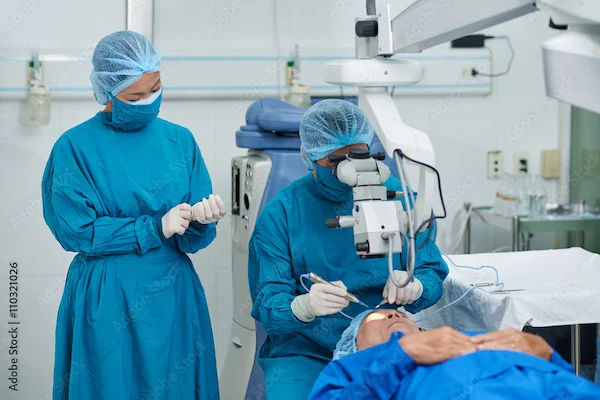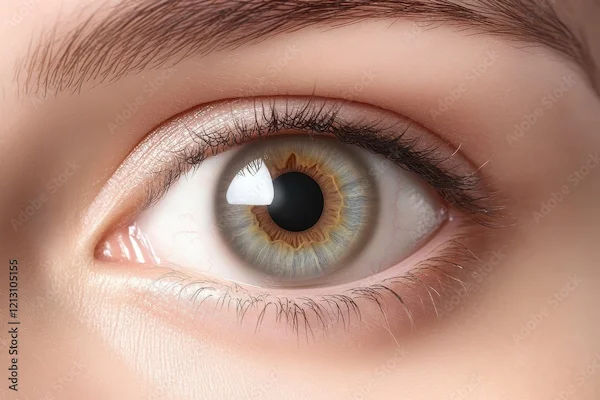What Happens If You Cry After Cataract Surgery?
Wondering what happens if you cry after cataract surgery? Discover how tears can affect your healing process, what to avoid, and how to ensure a smooth recovery for optimal eye health.

Written by
Last updated on 4th Jul, 2025
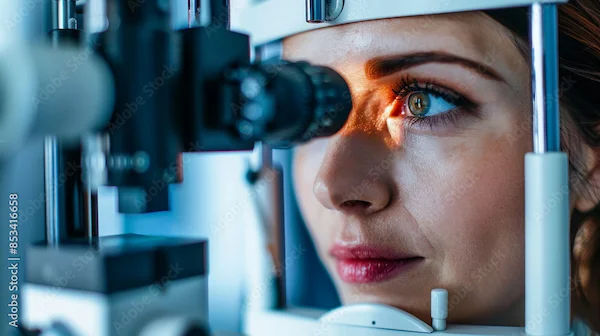
Introduction
Cataract surgery is a common and generally safe procedure that helps restore clear vision by replacing the cloudy lens in your eye with an artificial one. While the recovery process is usually smooth, many patients wonder about the effects of crying after the surgery. If you’ve recently undergone cataract surgery or are planning to, you might be concerned—will crying harm your eyes? Let’s explore what happens if you cry after cataract surgery and how to take care of your eyes during recovery.
Understanding Cataract Surgery
Before discussing crying after surgery, it’s helpful to know what cataract surgery involves. During the procedure, the surgeon removes the clouded natural lens and replaces it with an artificial intraocular lens (IOL). The surgery is quick, often taking less than 30 minutes, and is performed under local anaesthesia. Recovery is usually straightforward, but proper post-operative care is essential to avoid complications like infection or increased eye pressure.
Is Crying Harmful After Cataract Surgery?
Crying occasionally after cataract surgery is generally not harmful, but excessive crying or rubbing your eyes can cause discomfort or complications. Here’s what you should know:
1. Tears Are Natural, But Rubbing Is Risky
Tears help keep your eyes lubricated, which is beneficial for healing.
However, rubbing your eyes while crying can irritate the surgical site, increase pressure, or even dislodge the healing tissues.
2. Temporary Discomfort
Your eyes may feel sensitive or slightly sore after surgery. Crying can make them feel more irritated due to increased moisture and salt in tears.
Consult Top Specialists for Personalised Tips
3. Risk of Infection
If tears carry dirt or bacteria into the eye (especially if you wipe with unclean hands), there’s a slight risk of infection. Always use a clean tissue and avoid touching your eyes directly.
4. Increased Eye Pressure
Excessive crying may temporarily raise intraocular pressure (IOP), which is usually not a problem unless you have conditions like glaucoma.
Tips to Manage Crying and Protect Your Eyes
If you feel emotional or need to cry after surgery, follow these precautions:
Avoid Rubbing Your Eyes: Gently dab tears away from the outer corners of your eyes with a clean tissue.
Use Prescribed Eye Drops: These help keep your eyes moisturised and reduce irritation.
Wear Protective Eyewear: Your doctor may provide a shield to prevent accidental rubbing.
Stay Hydrated: Drinking water helps maintain natural tear production.
Rest Your Eyes: Close them gently if they feel strained.
When to Seek Medical Help?
While occasional crying is fine, contact your doctor if you experience:
Severe pain or sudden vision changes
Excessive redness, swelling, or discharge
Persistent discomfort after crying
Conclusion
Crying after cataract surgery is usually not a major concern, but it’s important to be gentle with your eyes. Follow your doctor’s post-operative instructions, avoid rubbing, and keep your eyes clean. If you have any concerns, don’t hesitate to reach out to your eye specialist.
Consult Top Eye Surgeon
Consult Top Specialists for Personalised Tips
Dr. S Venkateswaran
Ophthalmologist
35 Years • MBBS, PGD (OPTHALMOLOGY)
Tiruvannamalai
Shiva Eye And General Hospital, Tiruvannamalai

Dr Rajesh Rastogi
Ophthalmologist
33 Years • MBBS, MS Ophthalmology
New Delhi
Rotary Diabetic Centre, New Delhi

Dr. Sneha T Khurana
Ophthalmologist
9 Years • MBBS, MS Ophthalmology
Gurugram
GS multispeciality clinic, Gurugram
Dr. Akashdipta Saha
Ophthalmologist
4 Years • MBBS, MD(Ophthalmology), Fellowship in Retina & Vitreous
Delhi
AIIMS, Delhi
Dr. Harshavardhan Reddy
Ophthalmologist
3 Years • MBBS , MS (Ophthalmology)
Hyderabad
Ram Dev Rao Hospital, Hyderabad
Consult Top Eye Surgeon
Dr. S Venkateswaran
Ophthalmologist
35 Years • MBBS, PGD (OPTHALMOLOGY)
Tiruvannamalai
Shiva Eye And General Hospital, Tiruvannamalai

Dr Rajesh Rastogi
Ophthalmologist
33 Years • MBBS, MS Ophthalmology
New Delhi
Rotary Diabetic Centre, New Delhi

Dr. Sneha T Khurana
Ophthalmologist
9 Years • MBBS, MS Ophthalmology
Gurugram
GS multispeciality clinic, Gurugram
Dr. Akashdipta Saha
Ophthalmologist
4 Years • MBBS, MD(Ophthalmology), Fellowship in Retina & Vitreous
Delhi
AIIMS, Delhi
Dr. Harshavardhan Reddy
Ophthalmologist
3 Years • MBBS , MS (Ophthalmology)
Hyderabad
Ram Dev Rao Hospital, Hyderabad
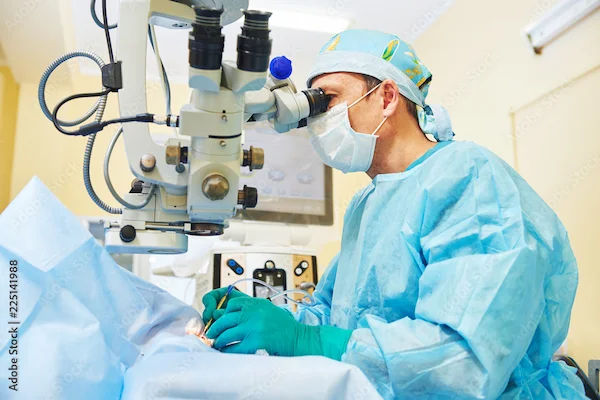
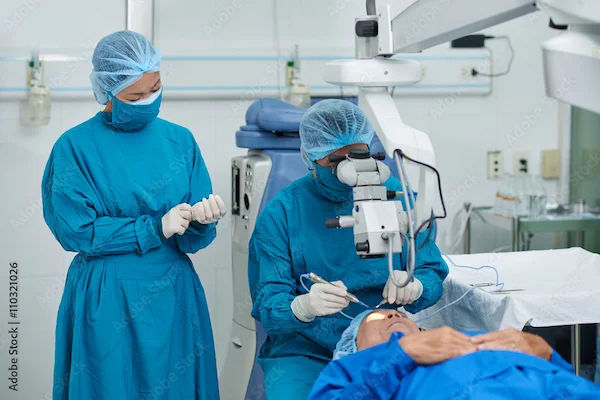
.webp)
